The role of polyphenols in our health
The role of polyphenols in our health
Polyphenols act as antioxidants, which means they neutralize harmful free radicals. These harmful free radicals damage your cells and increase your risk of diseases like cancer, diabetes, and heart disease. Polyphenols are also believed to reduce inflammation, which is believed to be the root cause of many chronic diseases.
Polyphenols are micronutrients that naturally occur in plants. They’re included in many supplements, though they’re also easy to get in your diet from foods like fruits, vegetables, teas, and spices. There are more than 8,000 types of polyphenols and further classified into 4 main groups
√ Flavonoids make up about 60% of total polyphenols, including quercetin, kaempferol, catechins and anthocyanins, found in foods like apples, onions, dark chocolate, and red cabbage...
√ Phenolic acids make up about 30% of all polyphenols, including lignans and stilbenes, found in fruits, vegetables, and whole grains and seeds.
√ Polyphenolic amides include capsaicinoids found in chili peppers and avenanthramides found in oats.
√ Other polyphenols, including resveratrol found in red wine, ellagic acid found in berries, curcumin found in turmeric, and lignans found in flaxseeds, sesame seeds, and whole grains.
The amount and type of polyphenols in foods depends on the food, including its origin, ripeness, and how they were farmed, transported, stored, and processed.
Studies show that polyphenols are powerful antioxidants. In this role, they prevent or reverse cellular damage caused by aging, the environment and your lifestyle. Over time, this damage is associated with an increased risk of many chronic diseases.
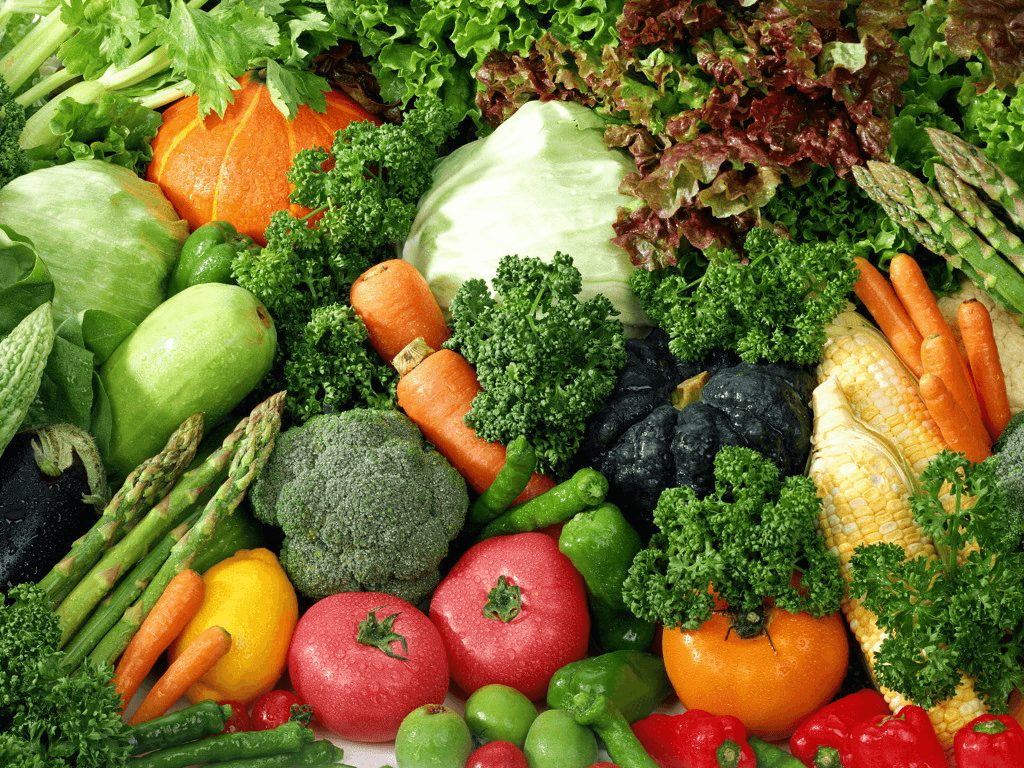
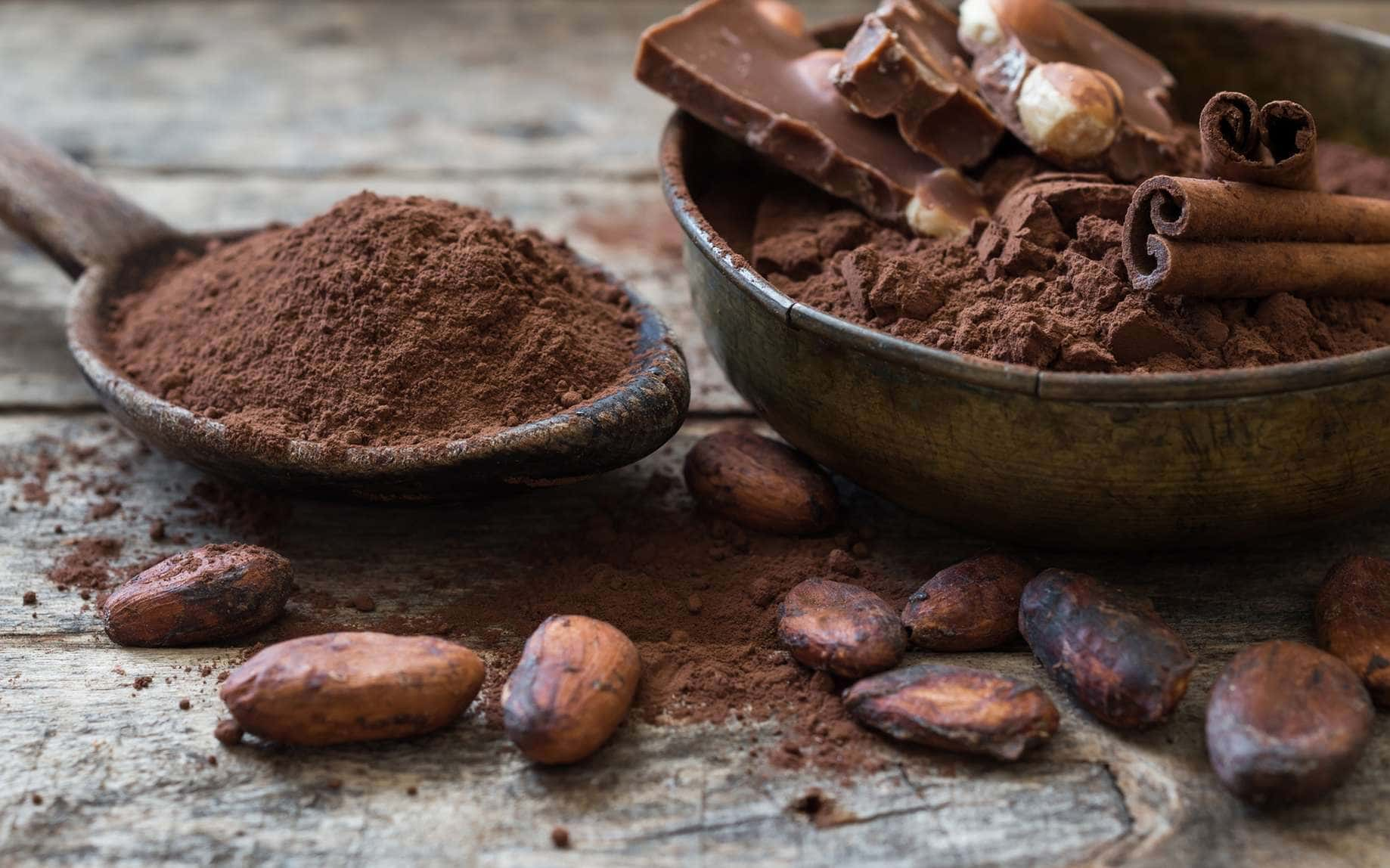
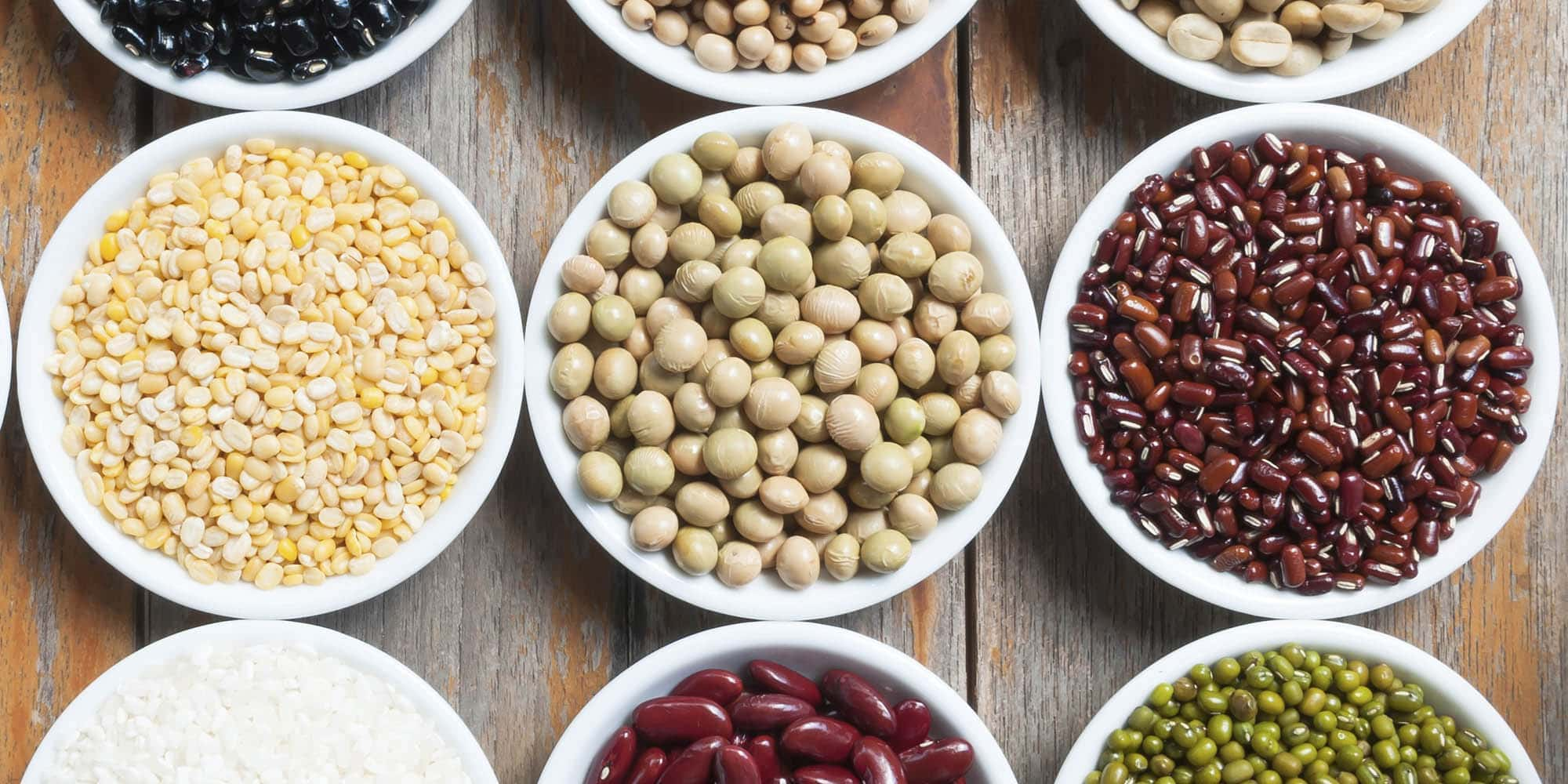
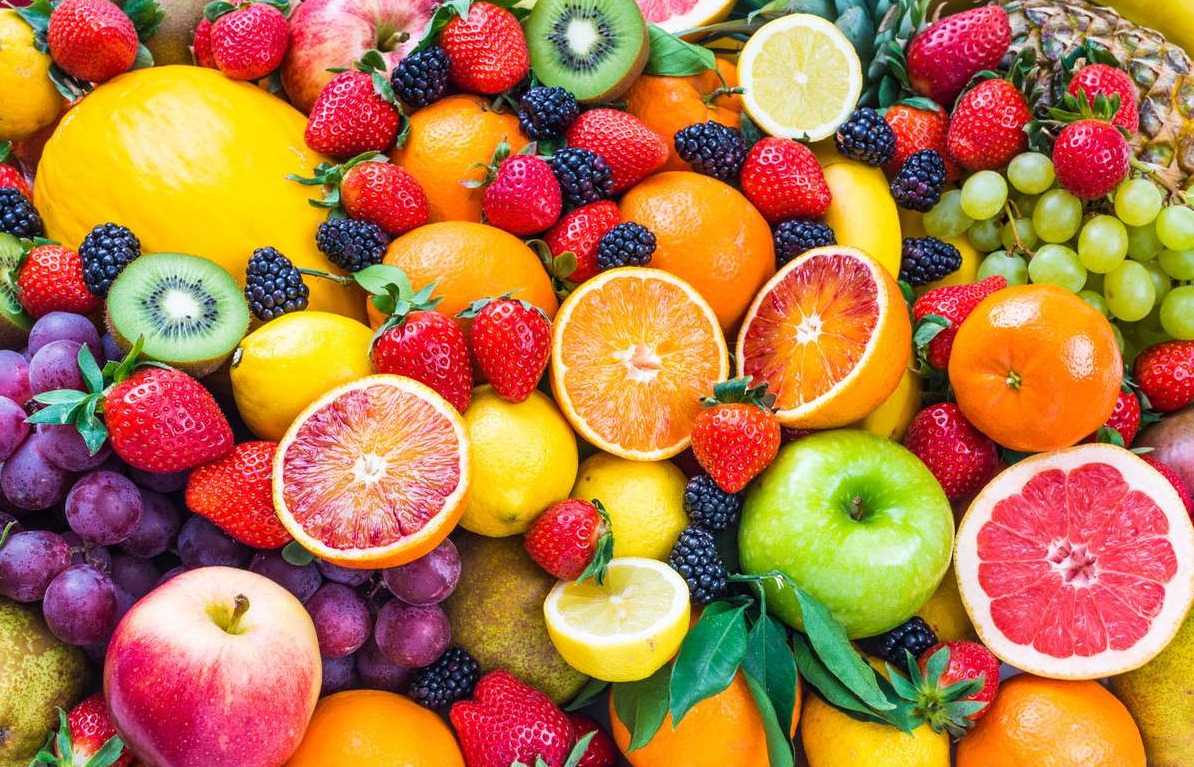
Why We Need Polyphenols
A lack of polyphenols isn’t associated with specific side effects. But they’re regarded as lifespan essentials for their potential to reduce your risk of chronic diseases.
Studies show that people who have polyphenol-rich diets (consuming more than 650milligrams per day) have lower death risks than those who get less than 500milligrams per day.
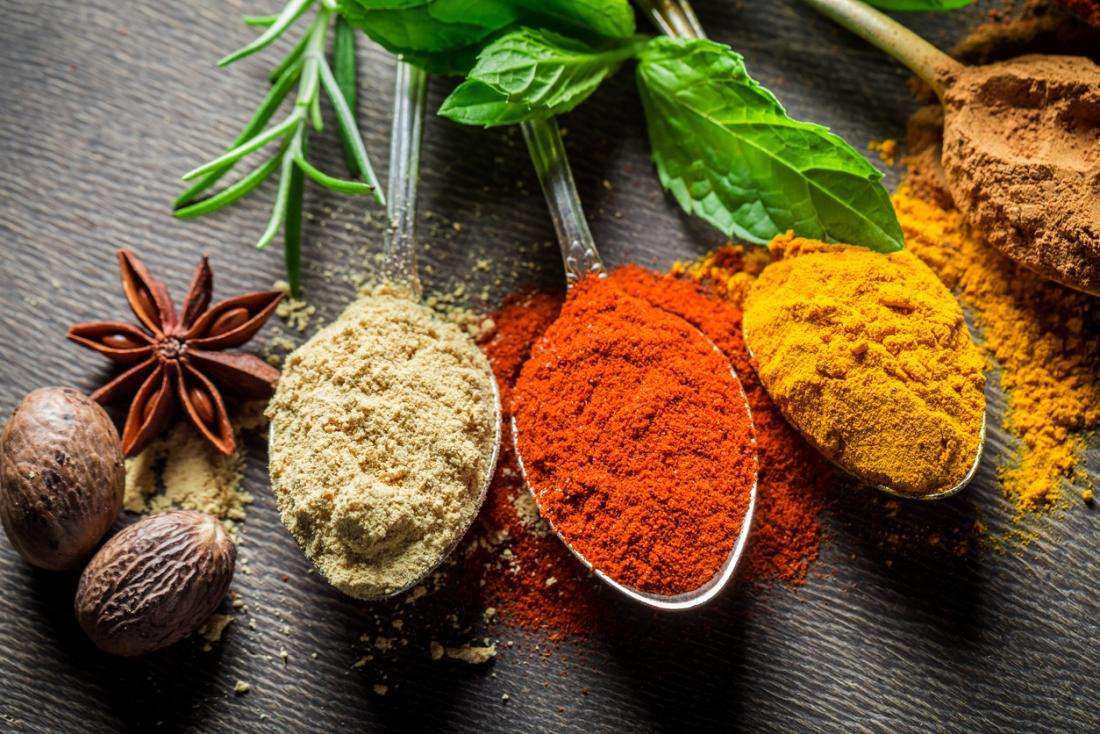
Polyphenols help protect your body by
Improving Heart Health
Research shows polyphenols can help manage blood pressure levels and keep your blood vessels healthy and flexible, promoting good circulation. And due to the antioxidant properties so polyphenols can help reduce chronic inflammation, a risk factor for heart disease.
Another review found a 45% lower risk of death from heart disease in those with higher enterolactone levels, which are a marker of lignans intake. Lignans are a type of polyphenol typically found in flax seeds and whole grains.
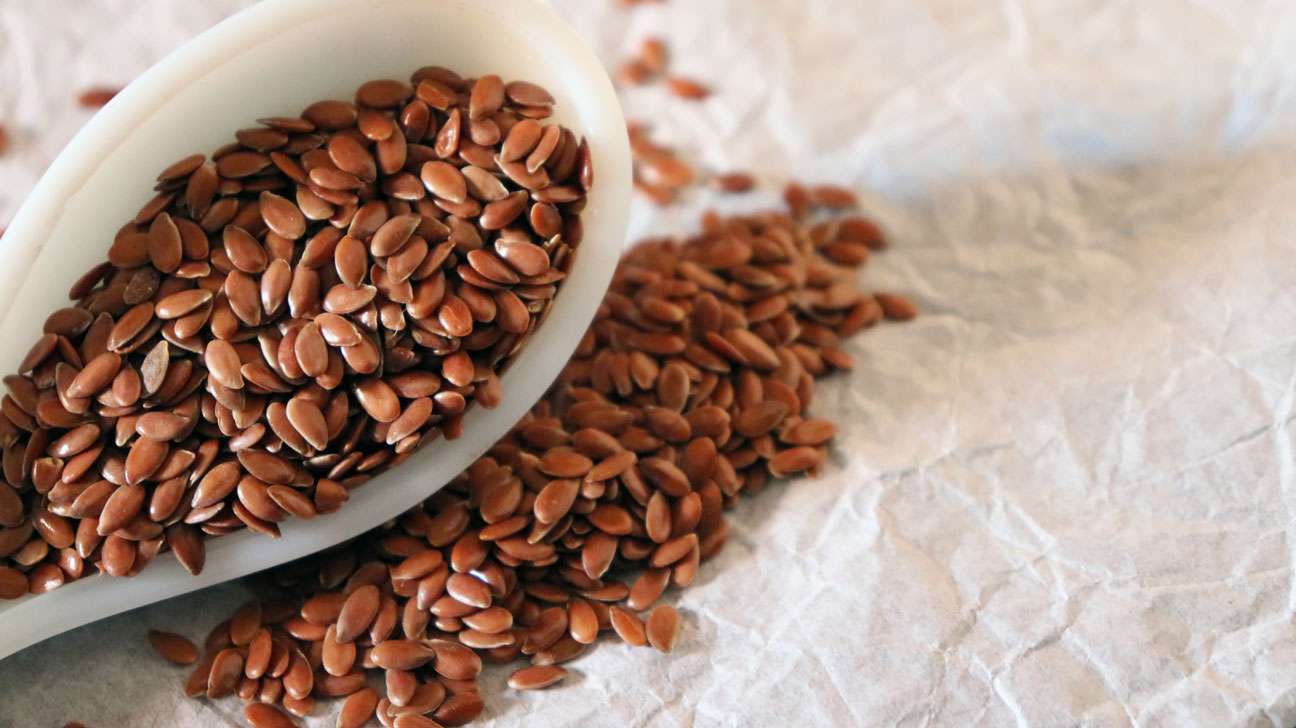
Lowering Diabetes Risk
Polyphenols can reduce and help control blood sugar levels. That’s partly because polyphenols may prevent the breakdown of starch into simple sugars, lowering the likelihood of blood sugar spikes after meals.
These compounds may also help stimulate the secretion of insulin, a hormone that’s required to shuttle sugar from bloodstream into cells and keep blood sugar levels stable. Maintaining low insulin resistance and healthy blood sugar levels reduces your risk of conditions like obesity and diabetes.
Among polyphenols, research suggests that anthocyanins may offer the most potent antidiabetic effect. They’re typically found in red, purple, and blue foods, such as berries, currants, and grapes.
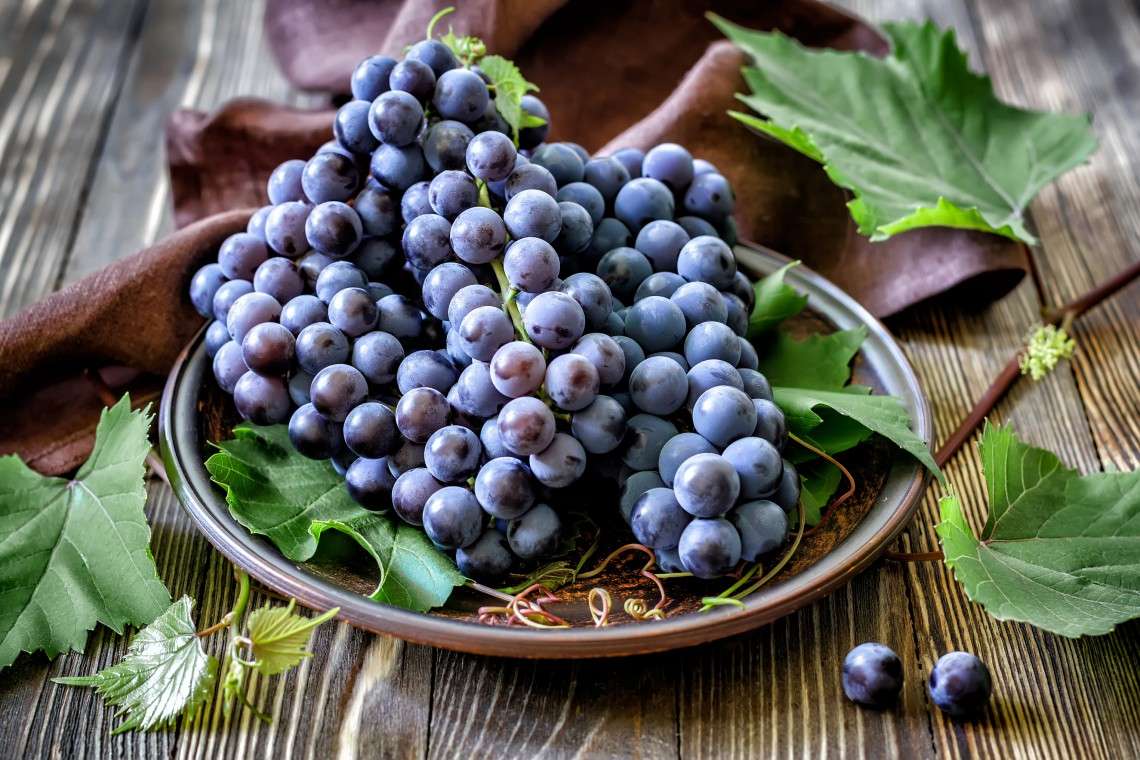
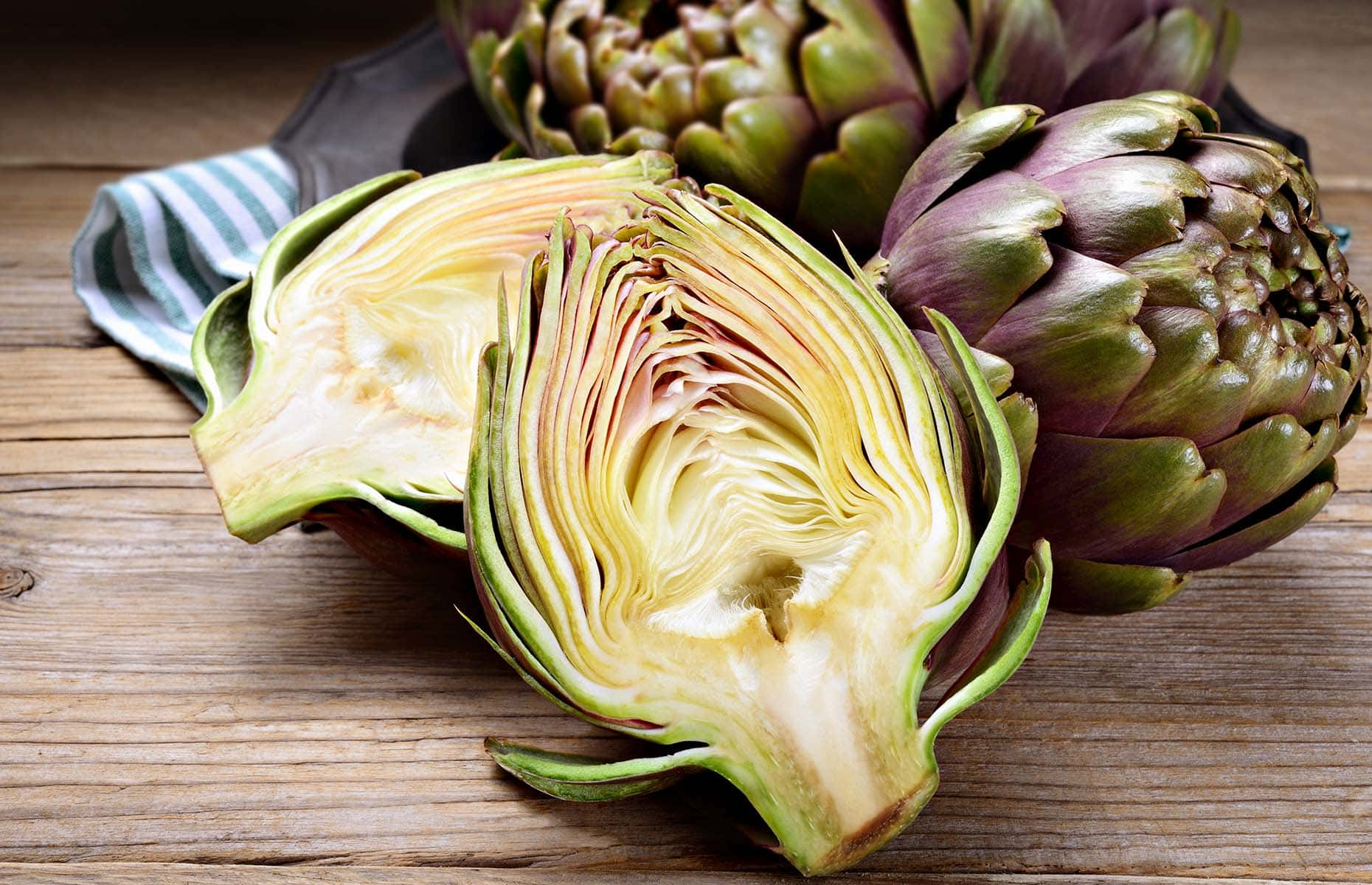
May prevent blood clots
Polyphenols may reduce your risk of developing a blood clot.
Blood clots are formed when platelets circulating in your bloodstream begin to clump together. This process is known as platelet aggregation and is useful in preventing excess bleeding.
However, excess platelet aggregation can cause blood clots, which can have negative health effects, including deep vein thrombosis, stroke, and pulmonary embolism.
According to test-tube and animal studies, polyphenols may help reduce the platelet aggregation process, thereby preventing the formation of blood clots.
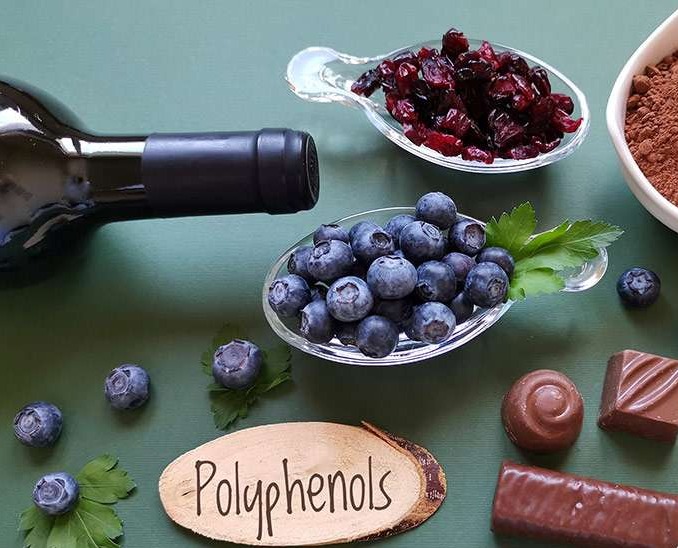
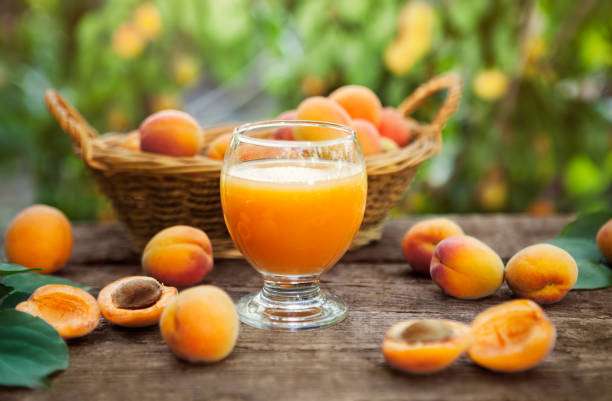
Protect against cancer
Polyphenols’ antioxidant and anti-inflammatory effects could lower your risk of cancer. Studies show that polyphenols may even block tumor growth and kill active cancer cells.
Promote brain function
Polyphenol-rich foods may boost your focus and memory.
One study reports that drinking grape juice, which is naturally rich in polyphenols, helped significantly boost memory in older adults with mild mental impairment in as little as 12 weeks.
Others suggest that cocoa flavanols may improve blood flow to the brain and have linked these polyphenols to improved working memory and attention.
Similarly, the polyphenol-rich plant extract Ginkgo biloba appears to boost memory, learning, and concentration. It has also been linked to improved brain activity and short-term memory in those with dementia.
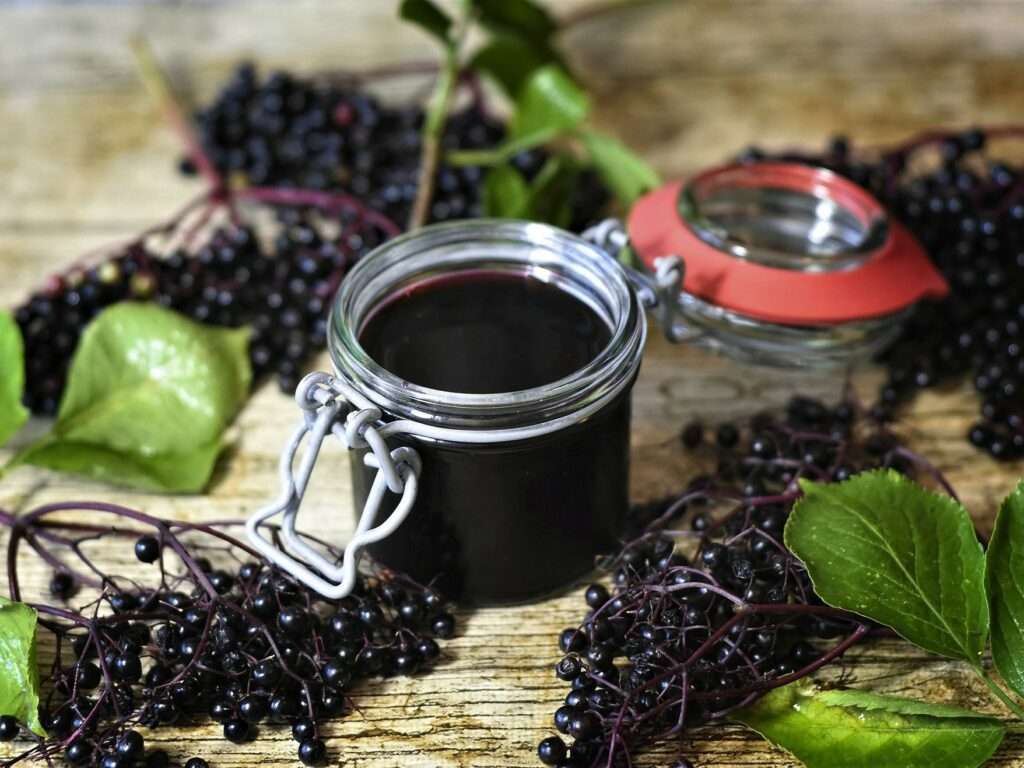

Promote healthy digestion
Polyphenols benefit digestion by promoting the growth of beneficial gut bacteria while fending off harmful ones.
For instance, evidence suggests that polyphenol-rich tea extracts can promote the growth of beneficial bifidobacteria. Similarly, green tea polyphenols may help fight off harmful bacteria, including C. difficile, E. Coli, and Salmonella,as well as improve symptoms of peptic ulcer disease.
Raising Immunity
Research shows that polyphenols can activate immune system to fight off infection and disease. Polyphenols also promote good bacteria growth in your gut and limit harmful bacteria. This effect supports good digestion, but a healthy balance of bacteria is also essential to strong immune system function.
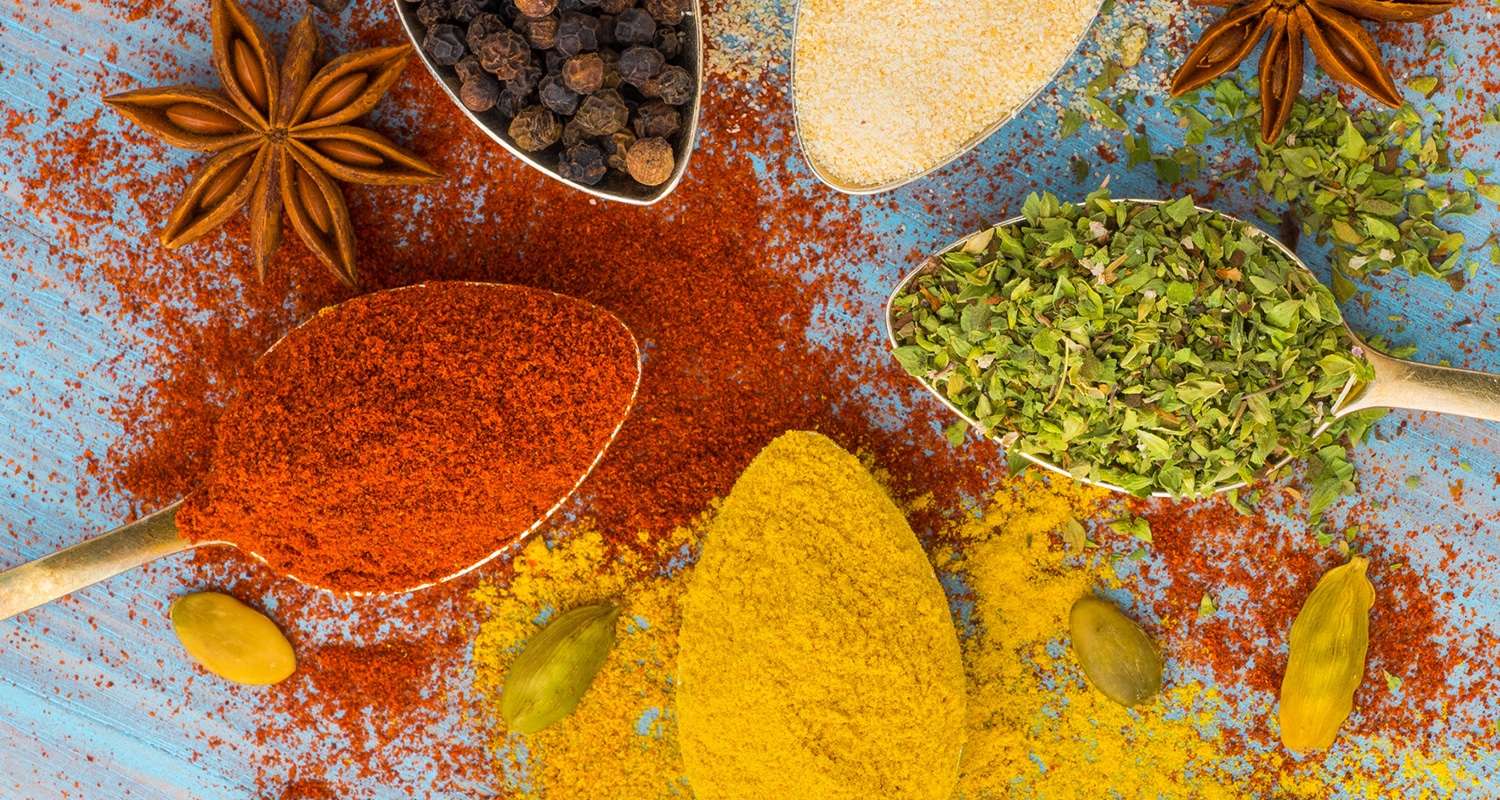
Foods are rich of Polyphenols
Most plant-based foods contain polyphenols, like vegetables, fruits, and whole grains. It’s easy to get enough in your diet to boost your health, but some sources are more nutritious than others. These eight foods have the highest polyphenol content per serving in addition to their other essential nutrients.
Berries
Berries are low in calories and high in vitamin C, fiber, and polyphenols, making them an easy addition to any diet. Chokeberries and elderberries have the highest amounts, with 1,123 and 870 milligrams of polyphenols per half-cup serving, respectively. Many other common berries have a high content per half-cup as well, including: Blueberries with 535 milligrams, Blackcurrant with 485 milligrams, Blackberries, raspberries, and strawberries with about 160 milligrams.

Herbs and Spices
To boost your meal with polyphenols, look no further than your spice cabinet. Along with their polyphenol content, dried herbs and spices often contain a range of nutrients like calcium, magnesium, and potassium. Seasonings highest in polyphenols include: Cloves with 542 milligrams per ounce, Peppermint with 427 milligrams per ounce, Star anise with 195 milligrams per ounce, Oregano, celery seed, sage, rosemary, and thyme also have more than 30 milligrams for the same serving.

Cocoa Powder
While you should limit your sugar intake, cocoa powder is a potent polyphenol source with 516 milligrams per tablespoon. Heating and processing cocoa powder to make chocolate products can reduce this content, however. For example, dark chocolate has 249 milligrams per tablespoon, while milk chocolate has just 35 milligrams.
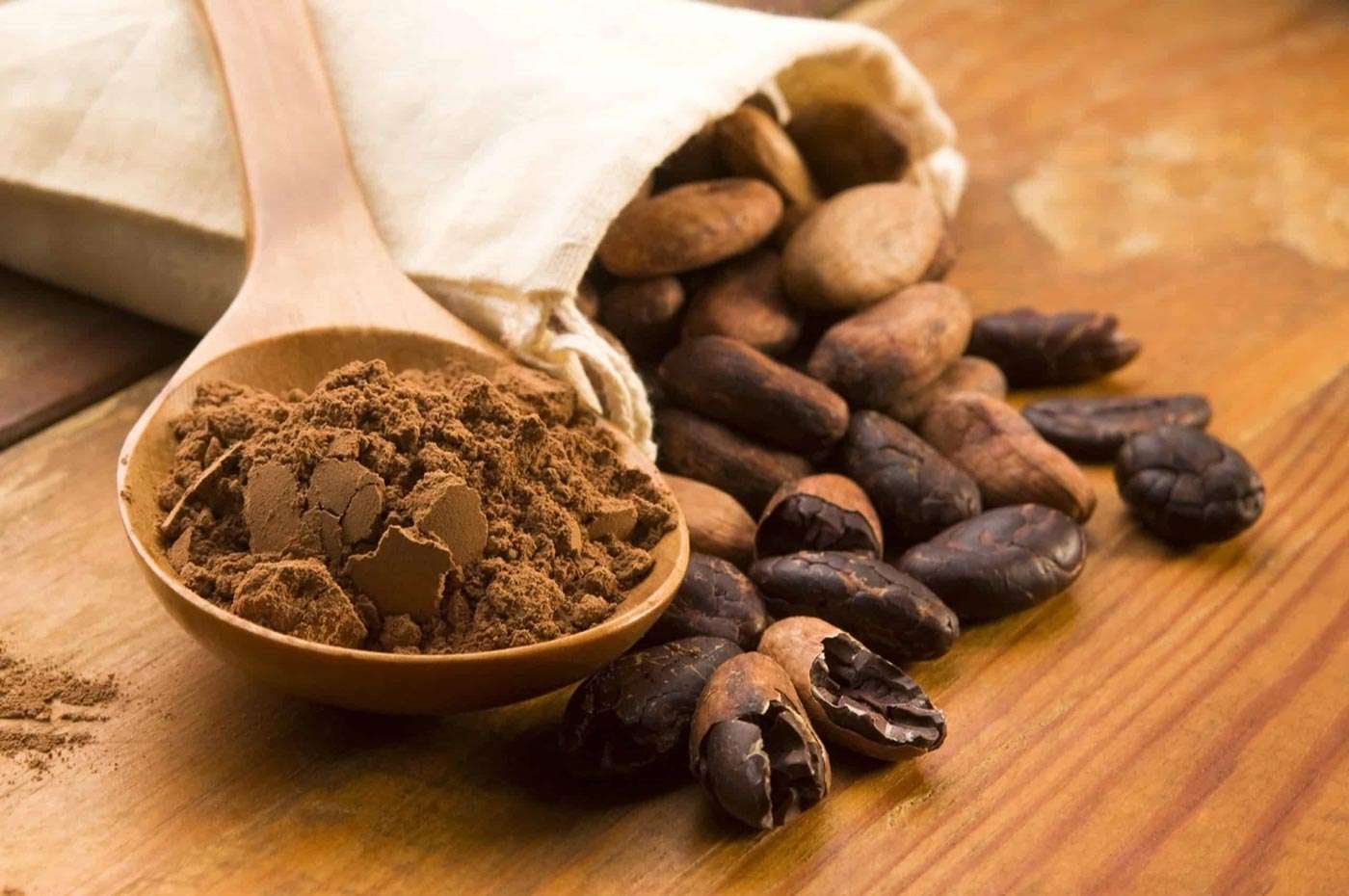
Nuts
Nuts are an easy way to add fiber, protein, and essential fatty acids to your diet, though because they’re high in calories you should moderate your portions. Most nuts contain polyphenols, but chestnuts come out on top with 347 milligrams per ounce — about three nuts. Other good choices include hazelnuts and pecans with 140 milligrams and almonds with 53 milligrams for a one-ounce serving.
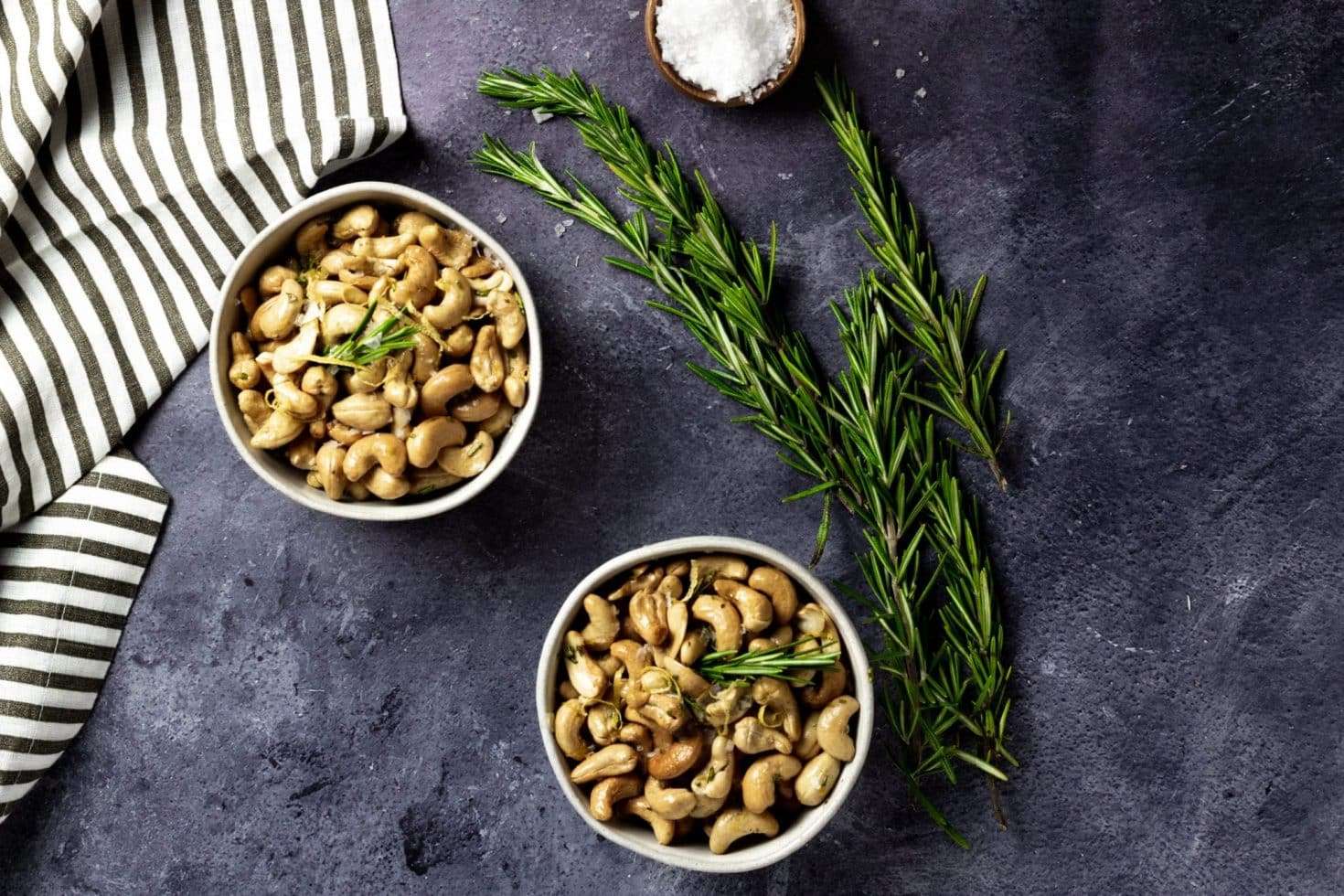
Flaxseeds
Flaxseeds are sometimes used to improve digestion and relieve constipation. Along with their high fiber content, they also have 229 milligrams of polyphenols per tablespoon. You can add flaxseeds to cereal, sandwiches, and salads, or bake them into cookies and breads.

Vegetables
Experts recommend we eat 2.5 to 3 cups of vegetables per day. Because most vegetables contain polyphenols, getting enough in your diet helps you benefit from these antioxidants’ health effects. Some vegetables highest in polyphenols include:
√ 260 milligrams in a small artichoke
√ 168 milligrams in a small red onion
√ 40 grams in a cup of fresh spinach or shallots
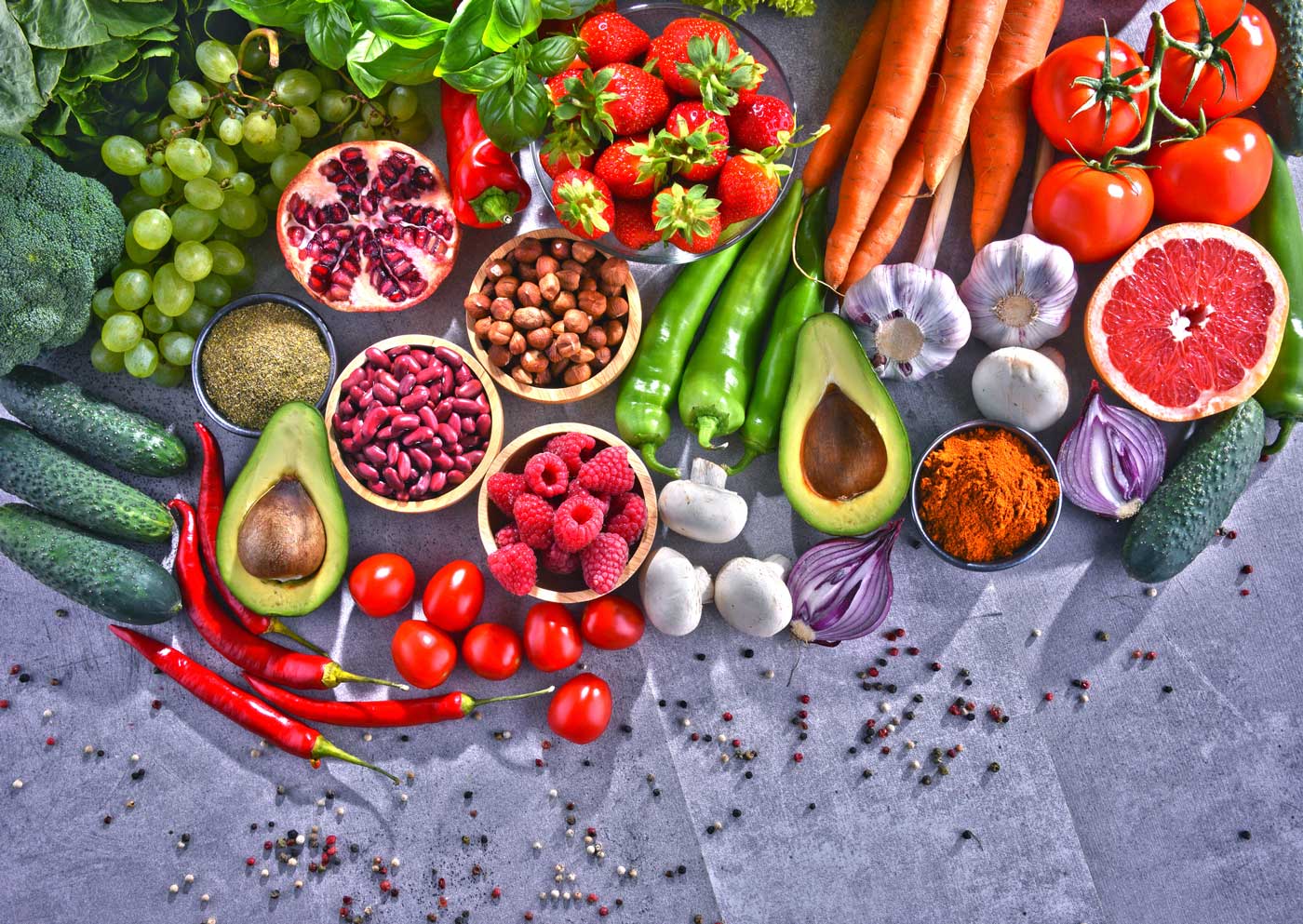
Olives
Olives are rich in vitamin E, fatty acids, and polyphenols. Twenty grams of black olives — about five olives — has 113 milligrams of polyphenols, while the same serving of green olives contains 70 milligrams.
Coffee and Tea
If you start your day with a cup of coffee or tea, you’re already adding polyphenols to your diet. Twenty grams of coffee, or roughly the amount to make one brewed cup, contains about 35 milligrams of polyphenols. We consume teas like black, green, or ginger in smaller amounts, but a cup can still add some polyphenols to your diet.
Though tea, dark chocolate, red wine, and berries are likely the best-known sources of polyphenols, many other foods also contain high amounts of these beneficial compounds.
Compiled and penned by Crocus Media